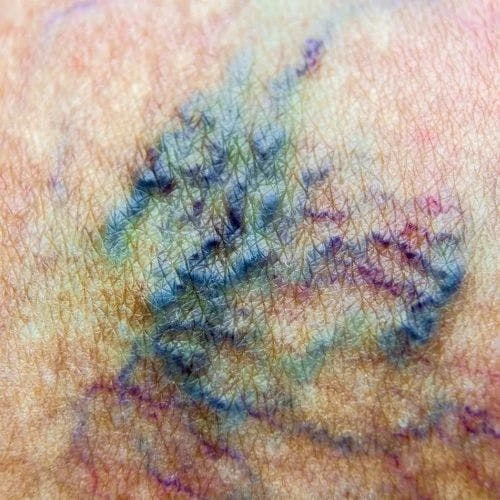What is Dyspareunia: Causes, Symptoms, and Treatments
What is Dyspareunia?
Dyspareunia is the recurring genital or pelvic pain that occurs when sexual intercourse or other related activities are attempted. Women with dyspareunia may feel a sharp or intense pain in the vagina, labia, or clitoris. The pain can occur during, before or after sexual intercourse.
Though both men and women can experience dyspareunia, women are more likely to suffer from it. According to the American College of Obstetricians and Gynecologists, up to 75 percent of women experience it during intercourse at some point.
In this post, we will briefly discuss the common causes, symptoms, and treatment of dyspareunia.
Symptoms of Dyspareunia
The intensity of dyspareunia pain varies among women, depending on various factors. Women with this condition may feel superficial pain at the vagina’s entrance, or deeper pain when penis penetrates or thrusts.
Pain may occur:
● in the urethra, bladder, or vagina.
● during or after intercourse
● during penetration
● in the pelvis during sex
● only during specific circumstances or with specific partners
● when using tampon
● feelings of burning, aching, or itching
● stabbing pain, or pain like menstrual cramps
Causes of Dyspareunia
For some women, dyspareunia can be a sign of a serious health problem. That’s why it is important to understand the underlying causes of dyspareunia. Causes vary based on whether the pain is deep or superficial.
Superficial pain
The Vagina feels dry when it secretes less fluids and this can cause pain. Also, as women grow older, the vagina’s lining becomes thinner and dry due to decreased estrogen levels.
Other causes of superficial pain may include:
● Increased genital sensitivity to pain
● Genital inflammation or infection
● Inflammation of the urinary tract
● Genital injuries
● Radiation therapy can cause changes in the vagina that can cause pain
● Involuntary contractions of the vagina called vaginismus
● Congenital abnormality or a hymen being present
Related: Vaginal Atrophy Treatment: Different Remedies You Can Try
● Narrowed vagina due to surgery or injury
Deep Pain
Deep pain occurs during or after sexual intercourse and can be due to:
● Infection or inflammation of the uterus, cervix, ovaries or fallopian tubes
● Endometriosis
● Pelvis tumors and ovarian cysts
● Scar tissue between organs in the pelvis
- Inflammation of the colon or constipation
Besides these, emotions can also affect sexual activity and pain. Emotional factors of dyspareunia include psychological issues, such as anxiety, depression, and relationship problems. Stress and history of sexual abuse can also cause this pain.
Treatment of Dyspareunia
There are several ways to treat dyspareunia. Pain caused by underlying infection or conditions can be treated with things like moisturizers, antibiotics, antifungal medicines, and topical corticosteroids.
There are several home remedies you can try out:
● Use water-soluble lubricants.
● Empty your bladder before sex.
● Have sex when both of you are relaxed.
● Calm burning after sex by applying an ice pack to the vulva.
● Take a store-bought pain reliever before sex.
Make sure you consult with your physician if you feel intense pain. In more severe cases, doctors may recommend therapies, such as sex therapy, vaginal dilation, or desensitization therapy.
Final Words: Prevention of Dyspareunia
Though there is no particular prevention of dyspareunia, you can make some changes to try to reduce the pain. After childbirth, do not perform sexual intercourse for at least six weeks to avoid any injury or infection.
Use proper hygiene and get adequate medical care. Use condoms to prevent sexually transmitted diseases, and use vaginal lubrication.
If required, seek medical care before the issue begins to affect your life and relationship.
We discuss products we think are useful to people. If you buy something through our links, we may earn a commission. Remember to check with your personal physician to see if a product recommended is right for you.








